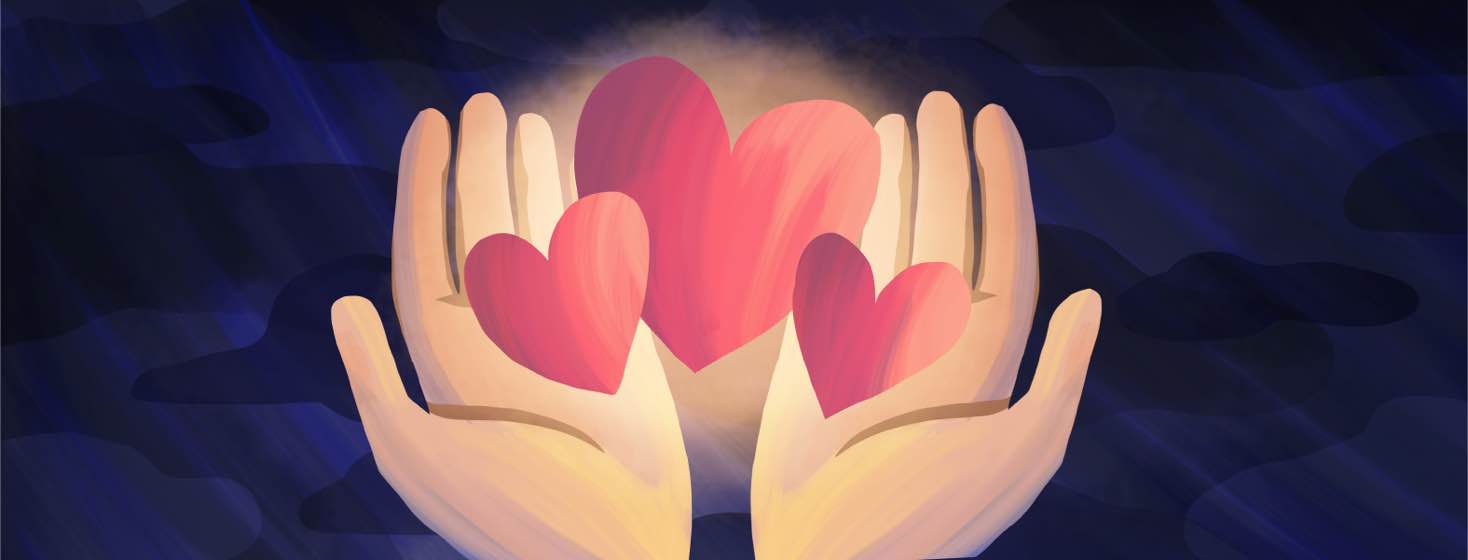Grief, Gratitude, and Grandchildren
You’re probably wondering, “How on earth is this writer going to connect these three topics?” That may be an easier question to answer if you’re seventy-two and have survived a few health challenges, like I have. Regardless, stick with me and I’ll do my best to get my point across.
Grief
Grief, according to Google's English dictionary and Oxford Languages, is defined as “deep sorrow, especially that caused by someone's death.” And while no one would argue with that definition, it’s the word “especially” that’s most important.
Yes, death is the most familiar cause of grief, and as one gets older it becomes an ever more common experience as family and friends die. But grief can be a byproduct of other experiences as well.
For those with chronic health problems, like prostate cancer or heart disease, grief can accompany loss of bladder control, loss of sexual function, the inability to exercise, chronic fatigue, the inability to hold a job, etc. All of these are losses that can result in deep sorrow.
Most of us can remember a time when we never gave a second thought to how our bodies functioned. We were young, healthy, had unlimited energy and drive. Just the simple fact of aging can result in a kind of low-level chronic grief. For example, I used to run marathons. Now walking is my primary form of exercise. It might be going too far to say that I feel deep sorrow over the loss of physical strength and stamina, but it does feel like a mild form of grief.
Gratitude
Gratitude is defined as “the quality of being thankful; readiness to show appreciation for and to return kindness.” I have a friend in his early 80s who refers to his life these days as “bonus years,” years that resulted from interventions not available to previous generations. He shows his gratitude, his willingness “to return kindness,” by helping others in situations similar to his.
I’m grateful for the science, medical care, and technology available to those with prostate cancer and other diseases for which there were fewer or no interventions as little as a generation ago. I have three conditions that at the very least disrupted the quality of my life but are now under control, just because I live in the 21st century and I take advantage of what’s available to me.
I’m grateful, and one way I show it is by being a member of two Health Union communities: ProstateCancer.net and Heart-Failure.net. I’m grateful because these important communities are available to me.
Grandchildren
A grandchild is defined as “the child of one's son or daughter.” Well, anyone who has a grandchild, or grandchildren, knows that that definition reveals nothing about the meaning of having grandchildren. Perhaps the best definition would be “unadulterated joy.”
I have three grandchildren, ages nine, seven and four. Recently we were all together, including their parents, for a weekend of camping. It was unadulterated joy, or as close as you can come to it. The way they played together, the way they showed affection for each other and their parents, the way my wife and I got to interact with them (or just sit by the fire and watch them) resulted in the purest example of gratitude I can think of. I literally can’t wait to see them again.
Putting it all together
Grief is inevitable. Gratitude is the ability to overcome grief, to be thankful, to help others. That opens the door for joy: in walk grandchildren. I’ve done my best. I hope you get my point.

Join the conversation